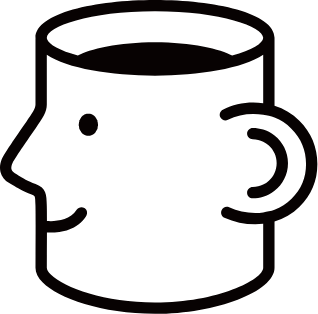Do you know how to say “can” in Chinese?
能 néng, 会 huì, 可以 kěyǐ – all of them are correct!
能 (néng)
👉 能 (néng) describes what you are objectively able (or not able) to do, what you are capable of. So it means that you have the ability to do something.
Examples:
🔹 他能跑十公里。
(Tā néng pǎo shí gōnglǐ)
He can run ten kilometers
🔹 你今天能来吗?
(Nǐ jīntiān néng lái ma?)
Can you come today?
会 (huì)
👉会 (huì) describes what you can do once you’ve learned how to do it or you’ve been trained. So it means that you know how to do something.
Examples:
🔹我会唱歌。
(Wǒ huì chànggē)
I can sing
🔹我会说汉语。
(Wǒ huì shuō Hànyǔ)
I can speak Chinese
可以 (kěyǐ)
👉可以 (kěyǐ) describes what others let (or not let) you do or if you have permission to do it.⠀
Examples:
🔹 老师 ,我可以早点儿走吗?
(Lǎoshī, wǒ kěyǐ zǎodiǎnr zǒu ma?)
Teacher, can I leave early?
🔹我可以在这里停车吗?
(Wǒ kěyǐ zài zhèlǐ tíngchē ma?)
Can I park here?



